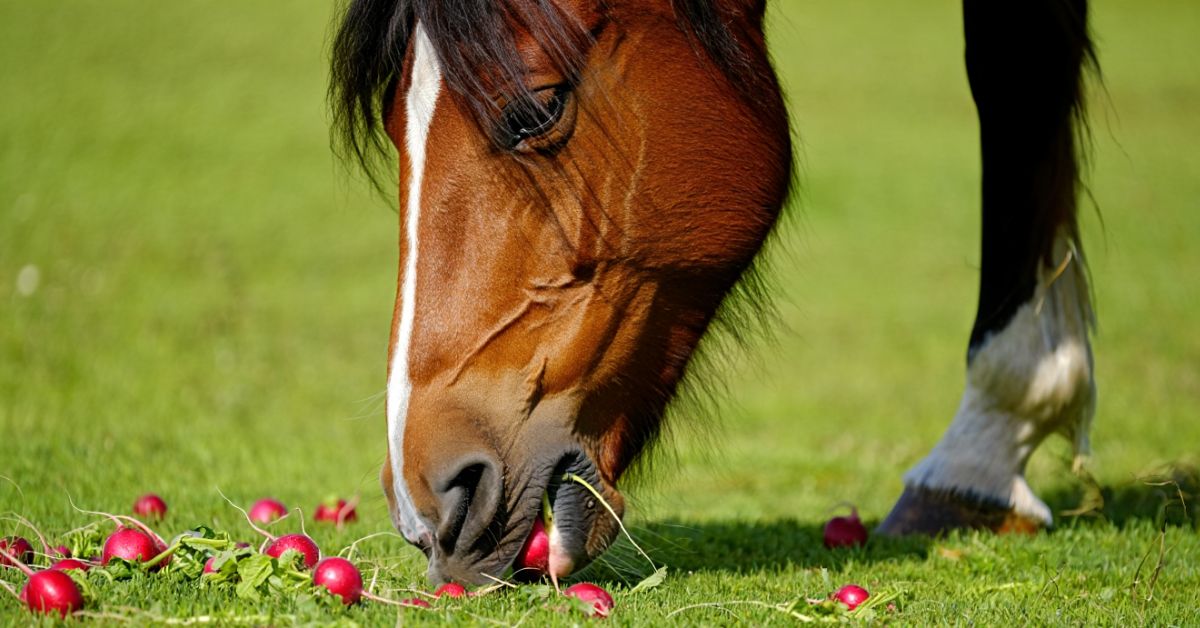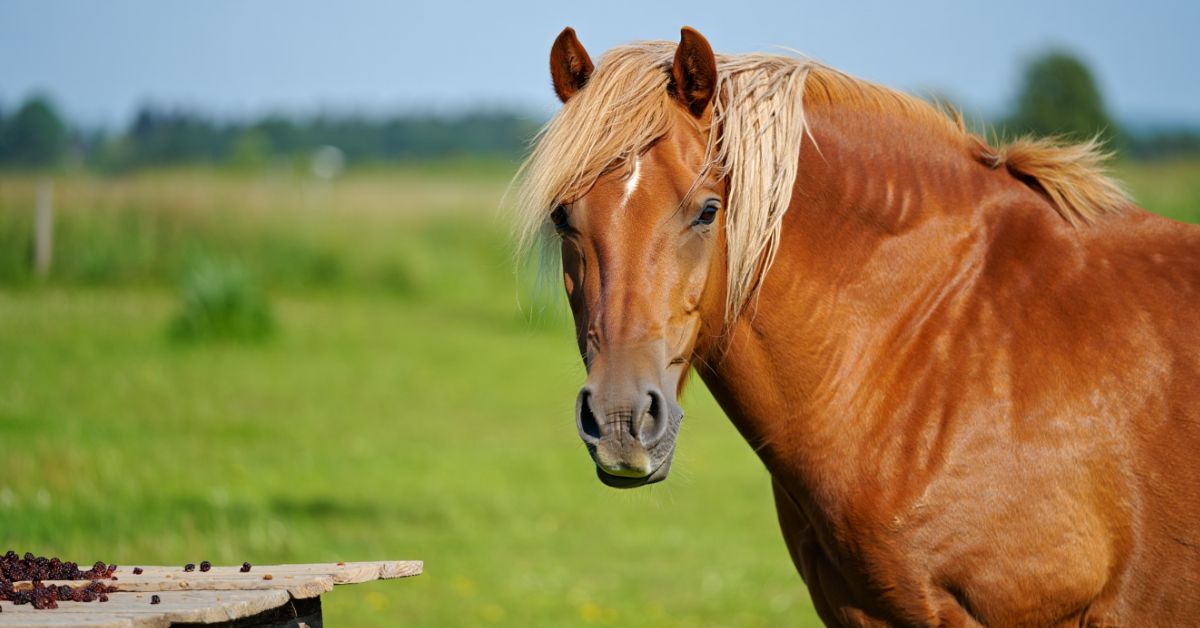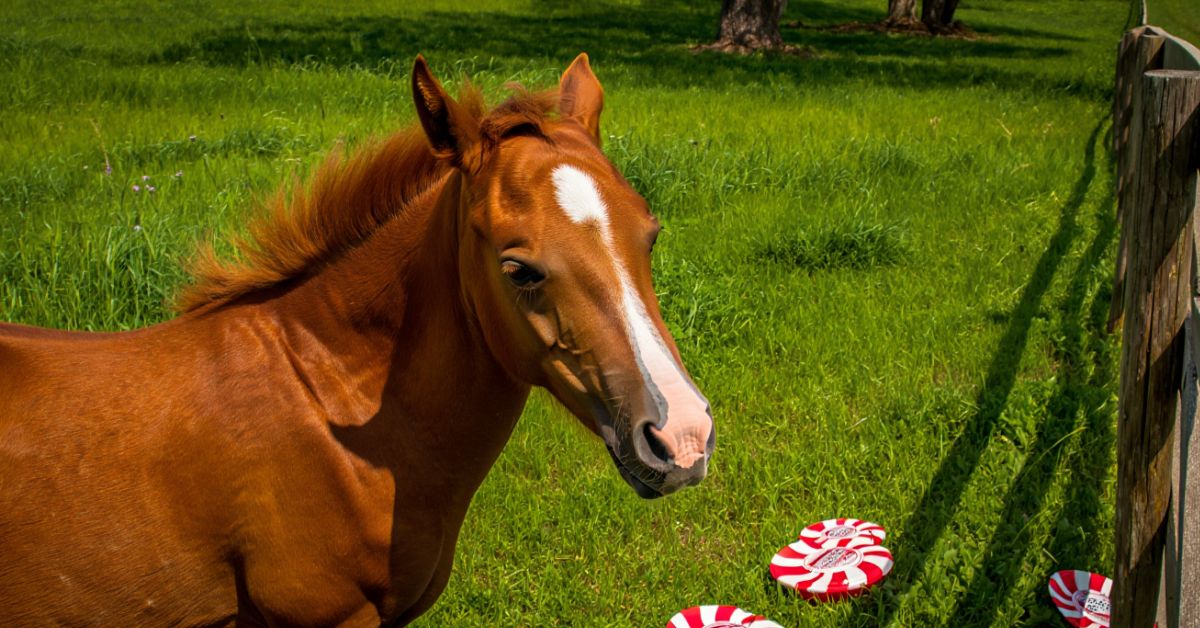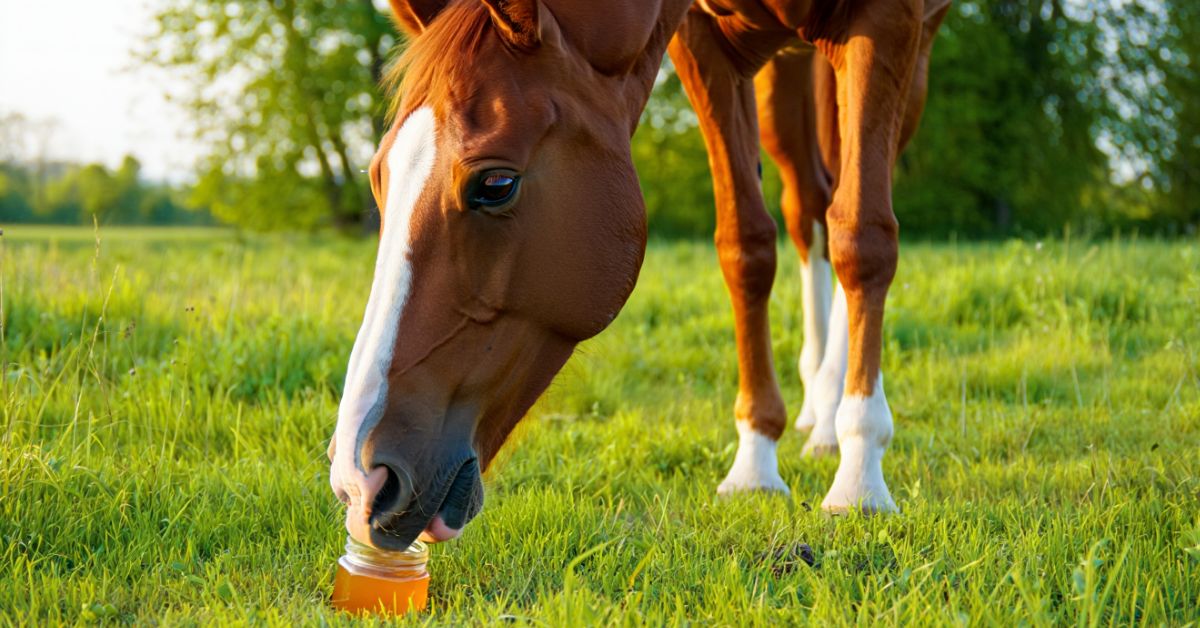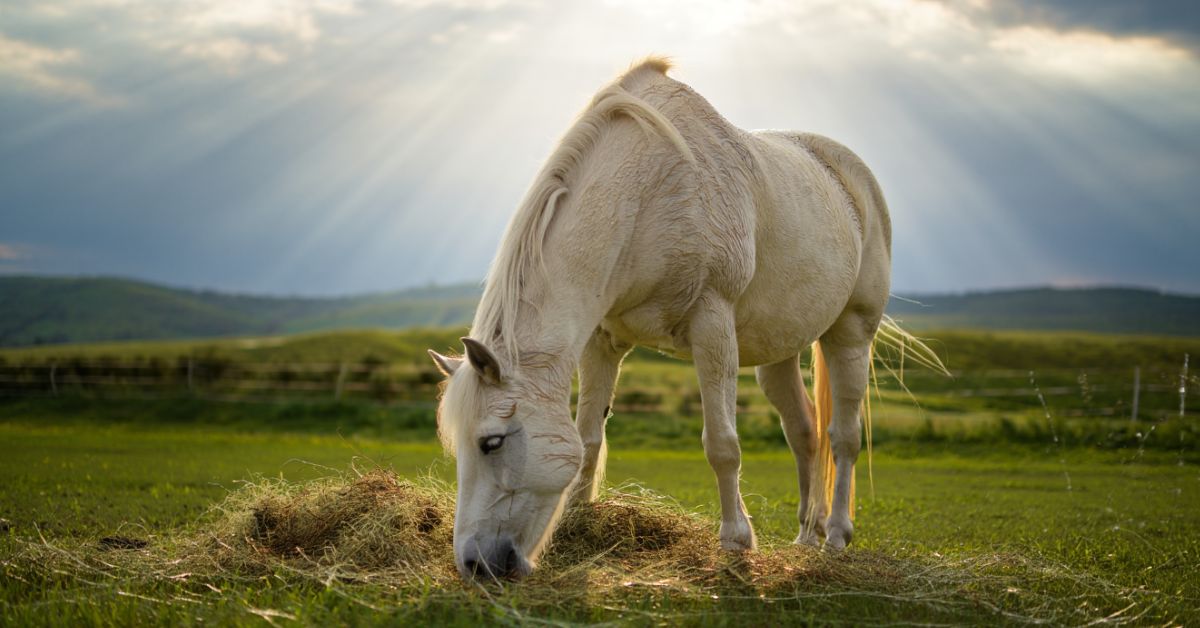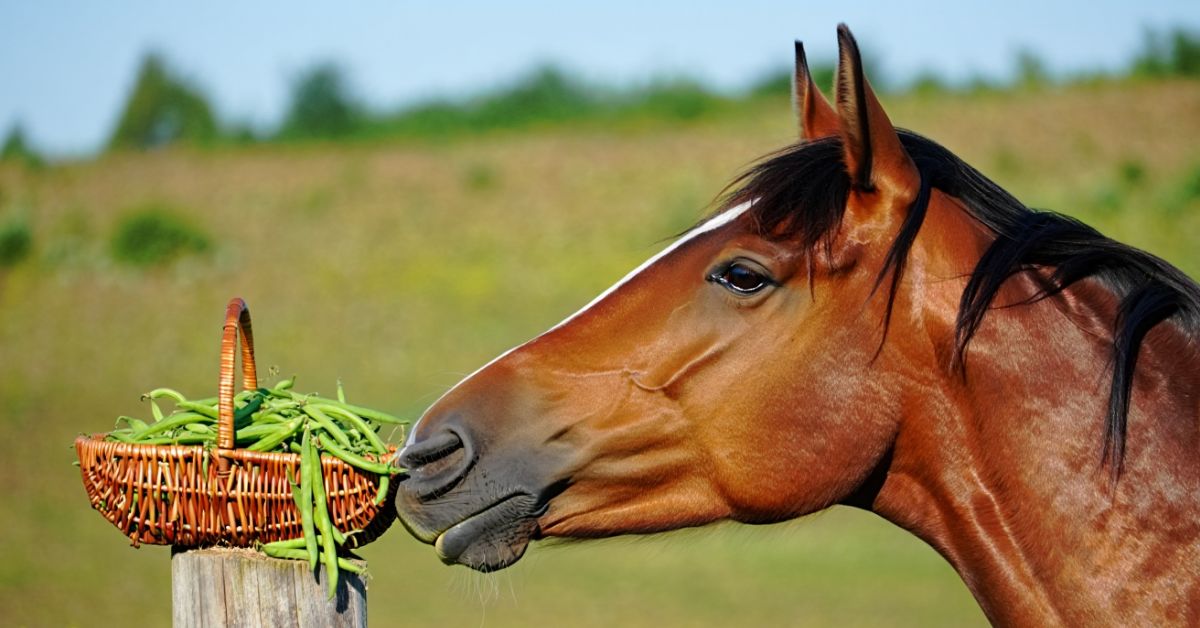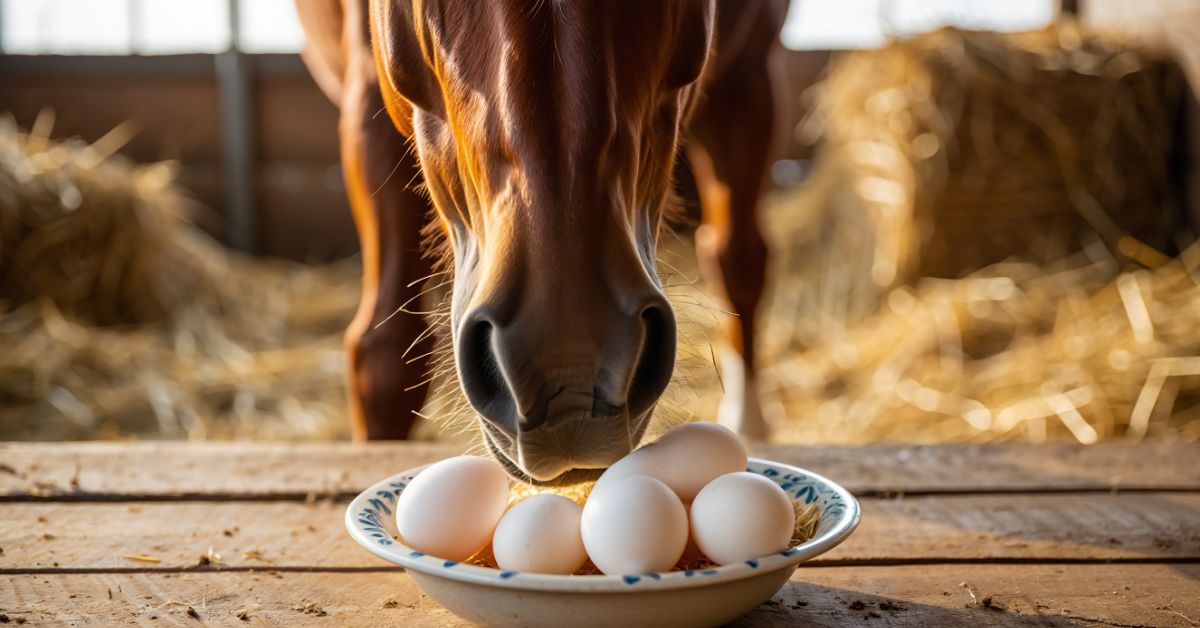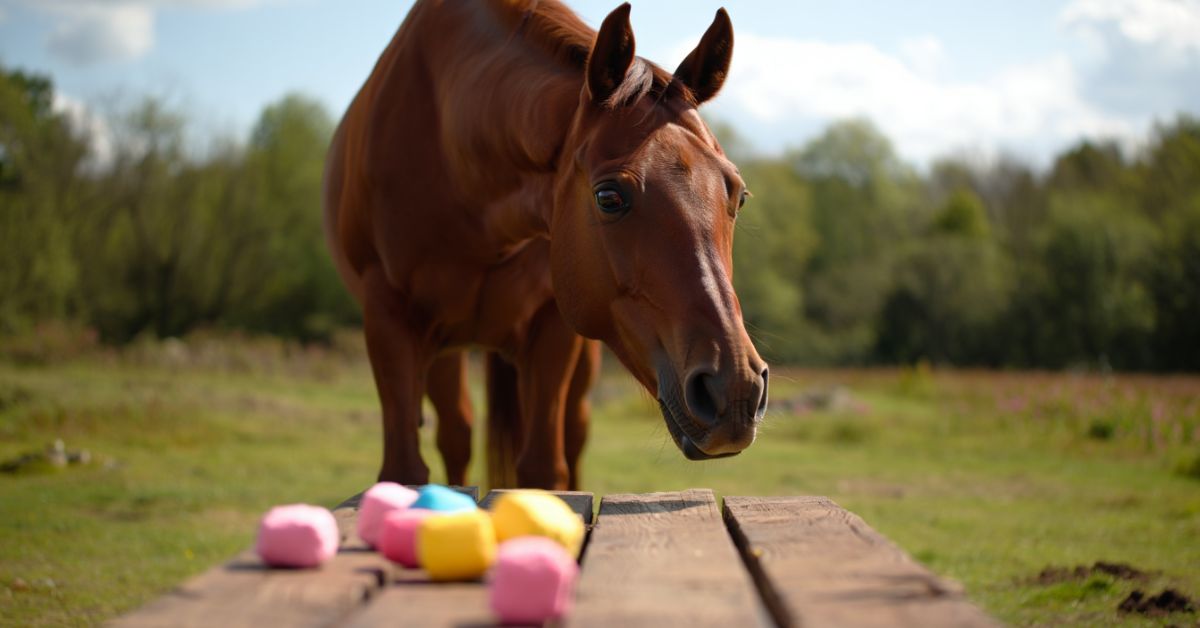
Can Horses Eat Marshmallows? The Sweet Truth Revealed
You're enjoying a cozy moment, maybe by a campfire or just snacking at the barn, and you look over at your horse's gentle, curious eyes. The thought crosses your mind: "Could I share one of these fluffy marshmallows?" It's a sweet gesture, but when it comes to our equine friends, not all treats are created equal.
So, let's get straight to it. Can horses eat marshmallows? Technically, a single, small marshmallow is unlikely to cause serious harm to a healthy horse, but it is strongly advised against by veterinarians and equine nutritionists. This popular human treat is packed with sugar and artificial ingredients that offer no nutritional value and can pose several health risks, including digestive upset and choking.
In this guide, we'll dive into the sticky details of why marshmallows are a treat best kept for yourself. We'll cover:
-
The problem with the high sugar content in marshmallows.
-
Why the ingredients are unsuitable for a horse's digestive system.
-
The serious choking hazard they present.
-
Plenty of delicious and healthy horse snacks your horse will truly appreciate.
Let's explore how to make the best treating decisions for your beloved horse. ✨
What's Really in a Marshmallow? An Equine Health Perspective
To understand why marshmallows aren't a good choice, let's look at what they're made of: sugar, corn syrup, water, and gelatin. None of these ingredients are a natural or beneficial part of an equine diet.
The Sugar Overload: A Major Concern
A horse's digestive system is finely tuned to process a high-fiber, low-sugar diet derived from forage. Introducing a sudden rush of sugar from a treat like a marshmallow can disrupt the delicate balance of their gut. This high horse sugar intake is especially dangerous for horses with certain health conditions:
-
Equine Metabolic Syndrome (EMS) or Insulin Resistance: For these horses, a sugary treat can be a serious trigger.
-
Obesity: Marshmallows provide empty calories that can contribute to weight gain.
-
Laminitis: A painful and potentially debilitating condition that can be triggered by high sugar intake.
For a healthy horse, the total amount of sugar and starch should not exceed 20% of their total diet, and for horses with metabolic issues, this number drops to 10-12%. A single sugary treat might seem small, but it can contribute to exceeding these crucial limits.
Processed Ingredients and Choking Risks
Beyond sugar, marshmallows are a processed food for horses that offers no nutritional benefits. Their soft, chewy, and sticky texture also poses a significant choking hazard. A horse might not chew a marshmallow properly, causing it to become lodged in the esophagus, which is a frightening emergency. To prevent choke, treats should ideally be cut into small, bite-sized pieces, which is difficult with a sticky marshmallow.
A Word of Caution: It's important to distinguish between the marshmallow confectionery and the marshmallow plant (Malva parviflora). The plant, also known as cheeseweed or little mallow, is toxic to horses and can cause serious health issues, including muscle tremors, weakness, and even death. The marshmallow root, however, is a different herb known for its soothing properties for digestion and respiratory health.
Are There Any "Safe" Marshmallows?
You might wonder if sugar-free marshmallows are a better option. Unfortunately, these often contain artificial sweeteners like xylitol, which should be avoided as their effects on horses are not well-studied and can cause digestive upset. The safest approach is to steer clear of these processed human foods altogether.
Healthy and Safe Horse Treat Alternatives
Rewarding your horse is a wonderful way to bond. The great news is there are many healthy horse snacks they will love just as much, if not more! Here are some fantastic horse treat alternatives:
-
Fruits (in moderation): Apples (seeds and core removed), bananas, strawberries, and watermelon are excellent choices.
-
Vegetables: Carrots are a classic favorite, but celery is a great low-sugar option. Cucumbers and squash are also safe bets.
-
Specially Formulated Treats: Look for commercial horse treats that are low in sugar and starch. Hay Cubes: A simple cube of their favorite hay can be a perfect reward.
💡 Expert Tip: Always introduce new foods slowly and in small amounts to monitor for any digestive upset. Even with safe treats, moderation is key to maintaining a balanced diet.
FAQ: Your Questions About Horse Treats Answered
Here are answers to some common questions about feeding marshmallows and other treats to horses.
1. Is even one small marshmallow okay for a horse?
While a single, small marshmallow is unlikely to cause a major issue for a healthy horse, the risks—including choking and digestive upset—outweigh any benefit. It's better to establish a habit of giving only safe and appropriate treats.
2. Do horses actually like marshmallows?
Horses are often drawn to sweet flavors, so they might enjoy the taste of a marshmallow. However, a horse's preference doesn't always indicate what is safe or healthy for them.
3. What human foods are definitely toxic to horses?
You should never feed your horse chocolate, avocado, onions, garlic, potatoes, tomatoes, or cabbage-family vegetables like broccoli and kale.
4. Can I give my horse other types of candy?
No, feeding candy to horses is not recommended. The high sugar content and artificial ingredients in most candies are unsuitable for a horse's digestive system. Some horses do enjoy peppermints or sugar cubes, but these should be given very sparingly, especially to horses with metabolic conditions.
Conclusion: Make a Sweet Choice for a Healthy Horse
While the idea of sharing a marshmallow with your horse is endearing, it's a treat best left for humans. The high sugar content, lack of nutritional value, and potential for serious health risks like colic and choking make it an unwise choice.
By choosing from a wide array of safe human foods for horses and specially formulated equine treats, you can show your affection without compromising their health. A crunchy carrot or a sweet slice of apple is a much better way to say "good boy" and ensure your equine partner stays happy and healthy for years to come. ✨
What's your horse's absolute favorite healthy snack? Share your ideas in the comments below! 👇
Eager to learn more? Explore our guide on [Equine Nutrition] for a deeper dive into your horse's dietary needs.
Don't miss out! Subscribe to the Dream Horse newsletter for more expert tips, stories, and product features delivered right to your inbox.
